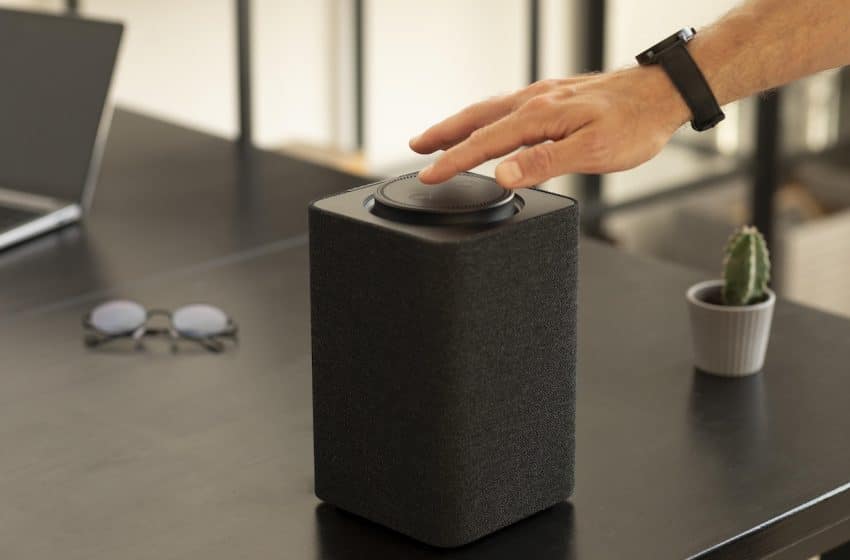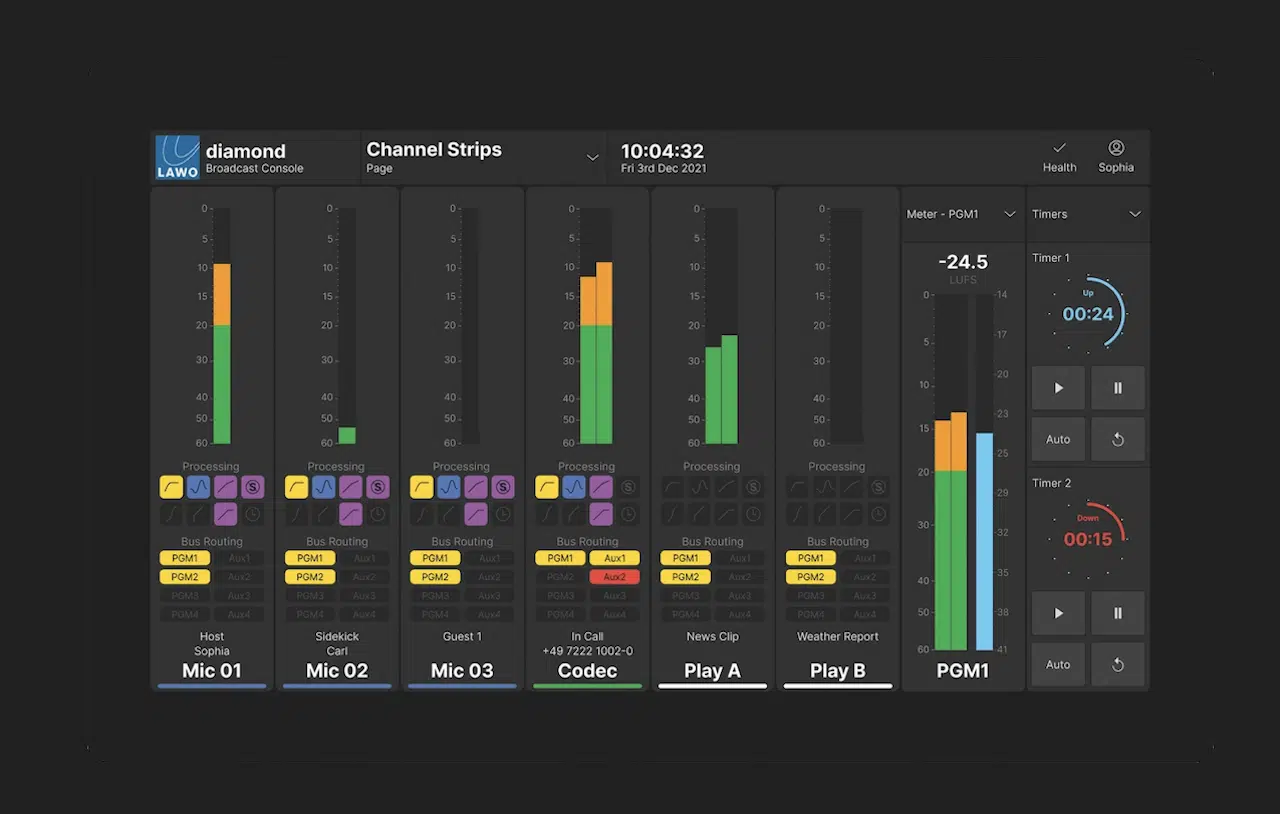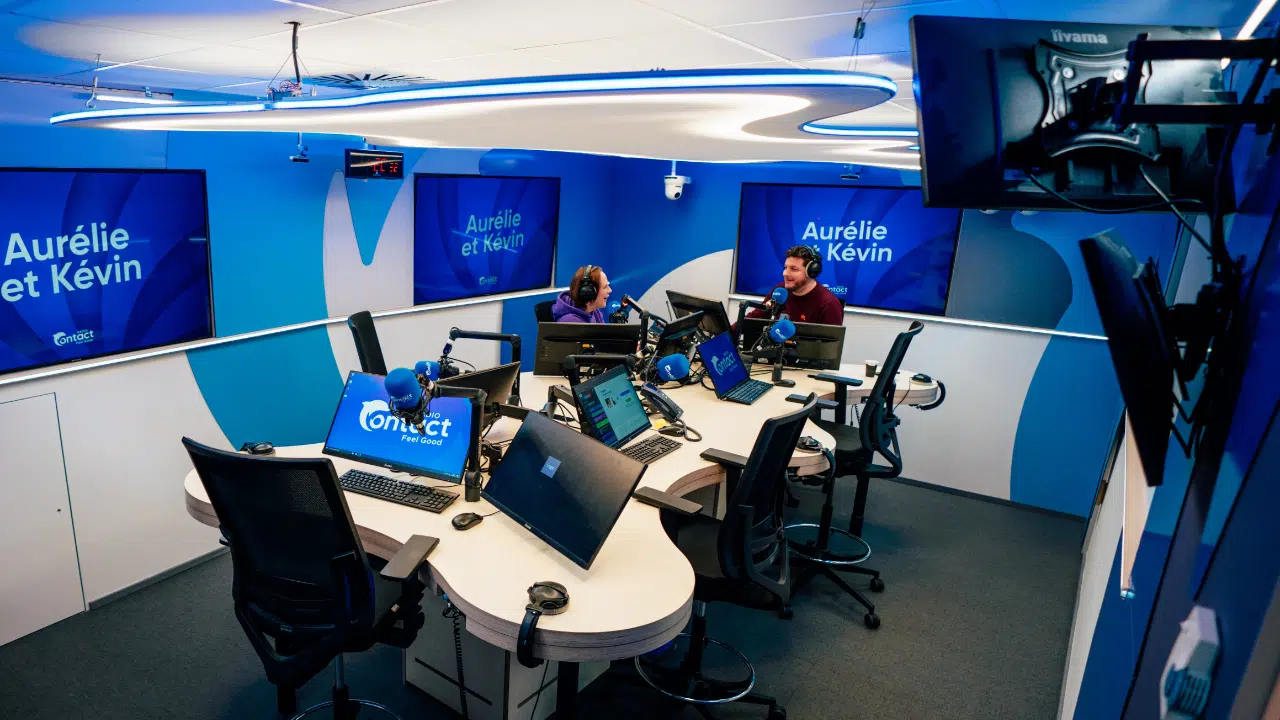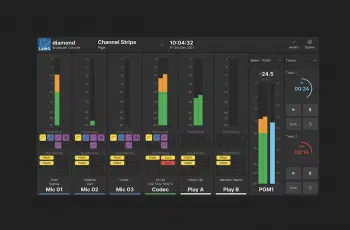
Flemish Media Minister Benjamin Dalle has revealed the results of the Radiostudie (Radio survey), setting a horizon for the transition from analog to digital radio, the transitory process and the timing for an FM switch-off in the primarily Dutch-speaking Flanders region of Belgium.

The last extensive radio survey dates back to 2013. Since then, the radio landscape has been constantly changing, thanks to the introduction of digital radio. Whereas in 2018, some 21% of the Flemish-speaking audience listened to digital radio (DAB+, online or digital TV), digital listening posted a 49% figure (source: IPSOS Nov 2023) six months ago, propelled, among other things, by the compulsory digitization on the occasion of three ‘national’ FM frequencies.
In 2023, Dalle assigned a consortium of sustainable transformation management consulting firm BrightWolves and Ghent University research group imec-mict-UGent to conduct a new survey, investigating the tools to set up a viable digital radioscape. The consortium analyzed scenarios for the transition from analog to digital radio and optional timing for the FM switch-off.
Criteria for FM switch-off
To switch off FM broadcasts, three criteria must be met: A 65% digital listening volume, 60% of the Flemish automotive park must be equipped with DAB+, and a maximum of 20% of the audience must tune in exclusively to FM.
According to the researchers, the first tipping point is expected in 2026, when more than 60% of the listening volume will be digital. In 2030, it is expected to be 75%.
The end of FM is approaching
Flemish Media Minister Benjamin Dalle
The survey team’s predictions assume that 2028 will achieve the three criteria, making January 2031 a realistic time for the FM switch-off.
According to Dalle, it is crucial to inform and prepare the radio audiences for this transition. He issued a concept note based on the survey results. Dalle wants to step from an operator-driven model to a broadcaster model with frequency allocation rounds like those currently for FM licences. In addition, the minister wants long-term broad communication campaigns that inform the audience and focus on sustainable transition. Local radio stations will be supported with a digital transformation subsidy, helping to finance investments in digital infrastructure.
“The end of FM is approaching,” commented Dalle. “More important than setting a fixed date is to make sure that everybody is joining in the transition. It’s crucial to avoid social exclusion. That’s why we must continue highlighting the advantages of digital radio to the audience, broadcast organizations and advertisers. We are a leading country in terms of radio; the transition to digital radio will help us remain a leader in the future.”





















